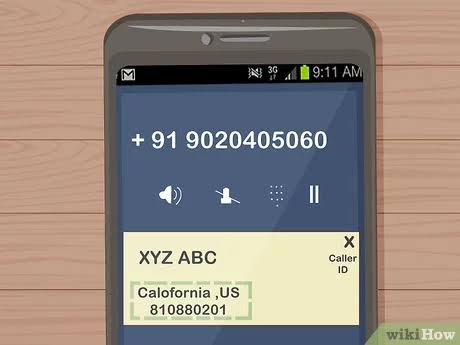Running from Child Protective Services (CPS) in the USA carries profound consequences impacting legal, familial, and societal aspects. This introduction sets the stage for a comprehensive exploration of the complexities surrounding the act of fleeing from CPS and the far-reaching implications for individuals and their families within the American context.
Consequently Of Running From CPS
1. Legal Consequences:
Running from CPS can lead to serious legal repercussions. It may result in charges such as child endangerment, neglect, or even abandonment. The legal process can be complex, potentially involving court hearings, custody battles, and the termination of parental rights. A person may face fines, probation, or imprisonment, depending on the circumstances.
2. Impact on Child’s Well-being:
Fleeing from CPS can have significant negative effects on the child involved. The initial reasons for CPS involvement might have been concerns about the child’s safety or well-being. Running may exacerbate these issues, leading to emotional trauma, disrupted education, and potential health risks. It could also make it harder for the child to access necessary services or support.
3. Family Disruption and Strain:
Running from CPS often results in family disruption and strain. The actions taken by one or both parents can lead to the breakup of the family unit, with potential consequences for relationships between parents, siblings, and extended family members. This disruption can have long-lasting effects on the emotional and psychological well-being of all family members involved.
4. Limited Future Opportunities:
Fleeing from CPS can limit a person’s future opportunities. The legal consequences and the resulting criminal record can affect employment prospects, housing options, and overall societal integration. This may create a cycle of disadvantage, making it challenging for individuals to rebuild their lives and provide a stable environment for their children.
5. Increased Surveillance and Scrutiny:
Running from CPS often intensifies the scrutiny on the family. Authorities may escalate their efforts to locate the individuals involved, leading to increased surveillance and investigations. This heightened attention can create a stressful and anxious environment, further impacting the well-being of the child and exacerbating the issues that initially brought CPS into the picture.
6. Strained Community Relationships:
The act of running from CPS can strain relationships within the community. Neighbors, friends, and community members may become wary or concerned about the situation, potentially leading to strained social connections. This isolation can make it more challenging for the family to access support networks, exacerbating the difficulties they may already be facing.
7. Compromised Access to Legal Representation:
Fleeing from CPS may compromise an individual’s access to legal representation. Engaging with the legal system is essential in navigating the complexities of CPS involvement. By running, individuals may find it difficult to secure adequate legal counsel, putting them at a disadvantage in court proceedings and limiting their ability to present their case effectively.
8. Long-term Emotional Impact on the Child:
The emotional impact on the child can extend into the long term. Running from CPS can create a sense of instability and insecurity, leading to emotional scars that persist into adulthood. The disruption of the child’s sense of safety and stability may contribute to issues such as trust issues, anxiety, and difficulties forming healthy relationships later in life.
In conclusion, the consequences of running from CPS in the USA extend beyond immediate legal ramifications, affecting community relationships, legal representation, and the long-term emotional well-being of the child. It is crucial for individuals to consider the broader implications and seek appropriate guidance and support to address the underlying issues.
Frequently Asked Questions
1. What are the immediate legal consequences of running from CPS?
– Running from CPS can result in legal charges such as child endangerment, neglect, or abandonment. Legal consequences may include fines, probation, or imprisonment, depending on the circumstances. It often initiates a complex legal process involving court hearings and potential termination of parental rights.
2. How does running from CPS impact the child’s education and well-being?
– Fleeing from CPS can disrupt a child’s education and overall well-being. It may lead to emotional trauma, health risks, and difficulties accessing necessary services. The initial concerns about the child’s safety may be exacerbated, negatively affecting their development and potentially creating long-term consequences.
3. What are the potential long-term effects on family relationships?
– Running from CPS can strain family relationships, potentially leading to the breakup of the family unit. This disruption impacts relationships between parents, siblings, and extended family members. The resulting familial strain may have lasting emotional and psychological effects on everyone involved.
4. How does running from CPS affect access to legal representation?
– Fleeing from CPS may compromise access to legal representation. Engaging with the legal system is crucial, and running can make it difficult to secure adequate legal counsel. This can put individuals at a disadvantage during court proceedings, limiting their ability to present their case effectively.
5. What societal challenges might individuals face after running from CPS?
– Running from CPS can limit future opportunities for individuals. Legal consequences and criminal records can affect employment prospects, housing options, and overall societal integration. This may create a cycle of disadvantage, making it challenging for individuals to rebuild their lives and provide a stable environment for their children.
Last updated on: April 29, 2024




